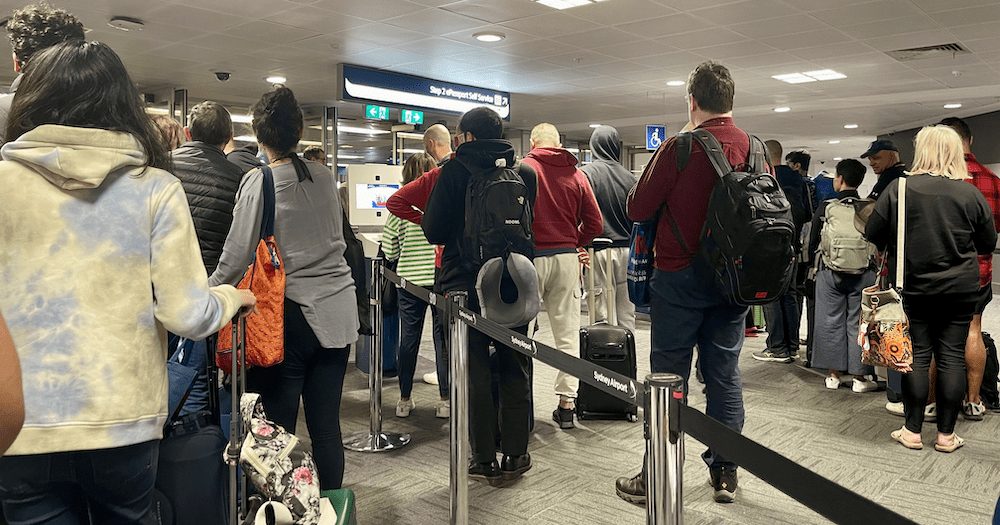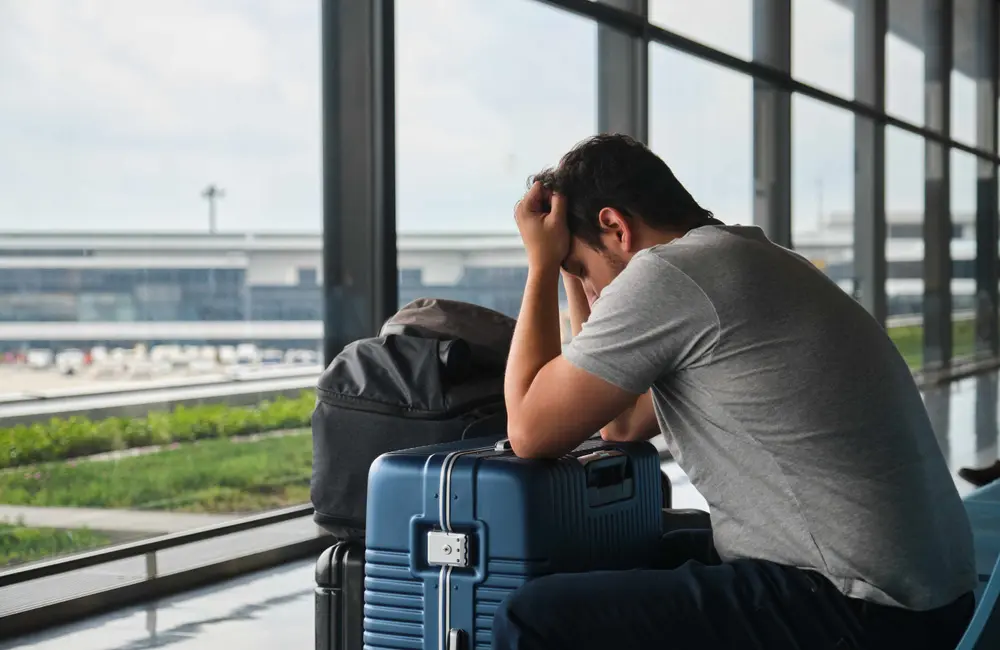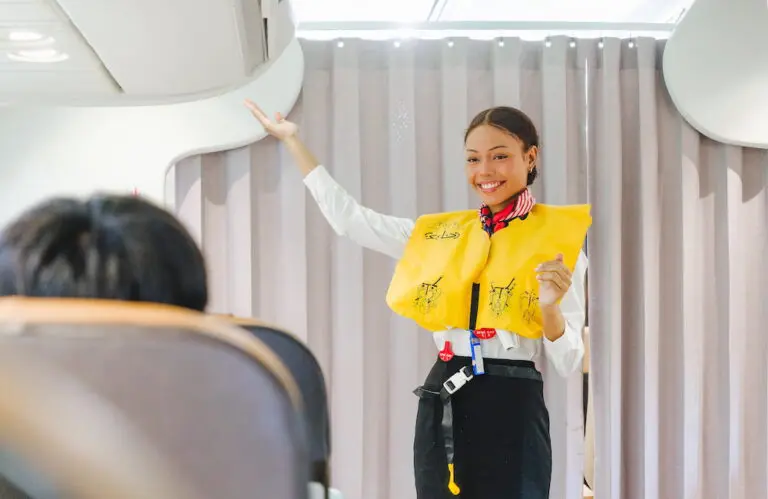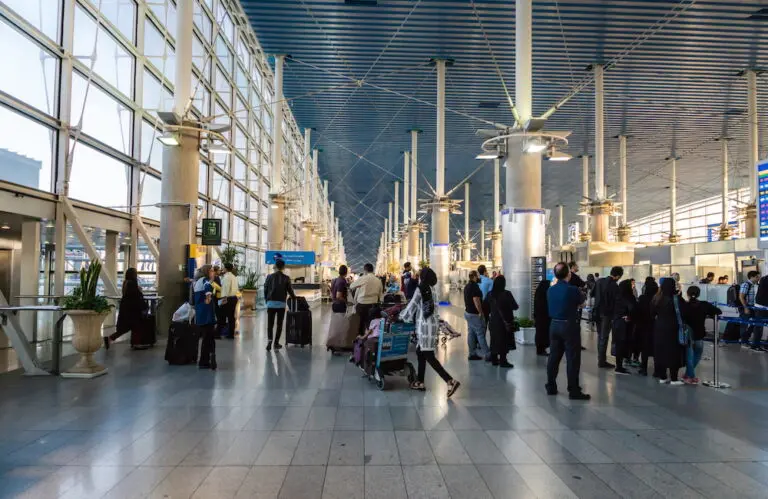System failures cost Australians around $5.3 billion across banking, telecom, retail and travel in the last 12 months, forcing nearly half to change travel habits to avoid airline outages. Here’s where advisors can assist.
With Jetstar’s February tech outage leaving passengers unable to check-in to flights and the global IT outage last year that impacted airlines and airports worldwide, 44 per cent of Aussies have changed how they book or prepare for travel in case of airline outages or system failures.
Digital operations management company PagerDuty’s latest report also found 22 per cent reported declined trust in carriers.

More than three in four Aussies (77%) are worried about being left stranded or locked out when critical online services fail, such as airline outages.
Looking ahead, Aussies expect airline outages to become even more frequent with 31 per cent predicting more issues over the next 12 months.

Consumers are also demanding more from businesses. An overwhelming 97 per cent of Australians expect action when a failure occurs.
Two-thirds (68%) want a fast resolution, 64 per cent expect regular updates and 63 per cent seek a clear explanation of what went wrong.

PagerDuty Vice President of Asia Pacific Callum Eade outlined areas where travel advisors can help their clients and lead with resilience, and it includes artificial intelligence (AI).
“Australians expect swift resolution and proactive measures to prevent issues before they escalate. This shift presents a powerful opportunity for businesses to step up, rebuild trust and lead with resilience,” he said.

“By investing in automation and rapid response, companies can turn moments of disruption into moments of connection.
“Fortunately, advancements in technology, particularly AI and AI agents are reshaping how organisations manage service reliability.
“These tools are helping teams become more proactive, resilient and efficient in preventing and addressing disruptions across complex digital environments,” he said.





